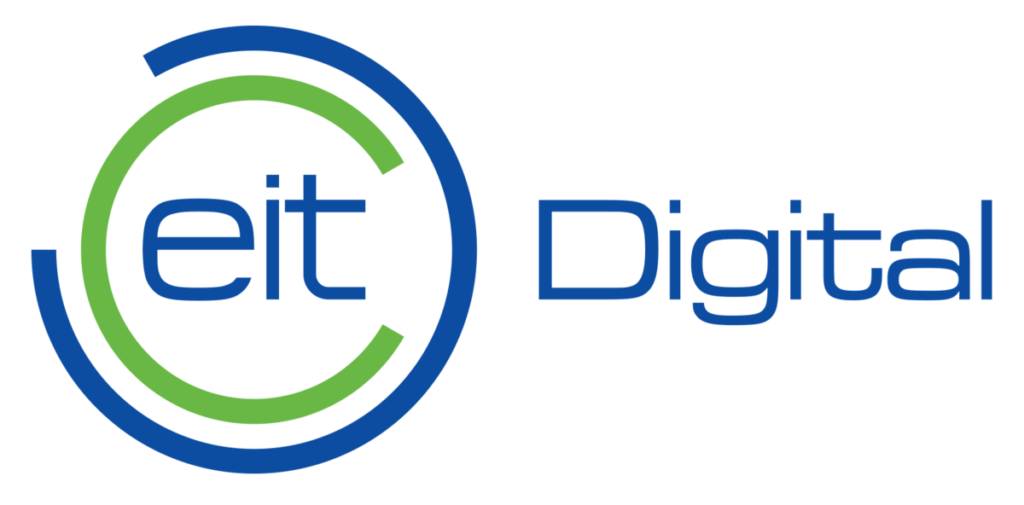EIT Digital presents report on Digital Technologies and the Green Economy
EIT Digital’s latest Makers & Shapers report analyses the potential of digital technologies to achieve green growth in Europe. Can Europe’s accelerated digital transformation help to reduce non-green energy use or will an increasing digitalisation of business and industry on the contrary enhance consumption of non-green energy in the overall economy?

This report discusses opposing angles and opinions and presents policymakers with scenarios that support their decisions on regulatory frameworks leading towards a sustainable digital future.
The global agenda to achieve sustainable development is based on overall objectives such as ‘Green Growth’ and ‘Green New Deal’. The role of digital technologies to achieve green growth is, however, a topic of opposing opinions. Central to the debate is the question whether the reduction in non-green energy use through digital technology in the overall economy is larger than the increase in non-green energy consumption in the overall economy.

EIT Digital’s Makers & Shapers report considers four effects of digital technologies on energy consumption: the own energy consumption of digital technology; the effect of digital technologies on energy efficiency overall, including rebound effects; digital technologies-driven substitution; and behavioural effects.
Based on these effects, the report develops four extreme scenarios along two axes: Energy Efficiency of Digital Technologies and Economy-wide Energy Efficiency:
- In the Compensation scenario, low energy efficiency in the digital technologies sector is compensated by high energy efficiency in all other sectors, also thanks to the use of digital technology solutions;
- In the Utopia scenario, high energy efficiency of digital technologies is taken up in the overall economy to reduce energy use;
- In the Dystopia scenario, we find low energy efficiency of digital combined with low energy efficiency in other sectors; and
- In the Deprivation scenario, the digital sector has high energy efficiency, yet other sectors are deprived from using it.
Based on thorough research of existing research and literature as well as interdisciplinary stakeholder discussions, the report comes to four main conclusions:
- The lack of an agreed framework of measuring and modelling digital impact on energy consumption in various sectors leads to many opposing views. To have a fact-based discussion, an agreed framework should be put in place based on international standards to model and quantify the impact of digital technology on energy consumption in various economy sectors.
- Although a reduction of energy consumption of digital technologies as such is relevant and should be pursued, this energy consumption is less than 10% of the total energy consumption.
- The impact of the application of digital technology on energy consumption varies strongly across economic sectors. Therefore, the focus should be on those sectors where the potential gain is high. For example, the COVID pandemic showed that moving physical meetings online leads to significantly less travel resulting in substantially reduced energy consumption.
- When applying digital technology in specific sectors, attention must be paid to possible rebound effects, whereby the energy savings achieved in one domain are offset by reuse of energy in another domain. These are linked to both behavioural (i.e., consumers’ substitution waves) and structural factors (i.e., energy output elasticity of certain sectors) that can be contained only through strong interventions such as taxation and incentives.

Original post: https://www.eitdigital.eu/newsroom/news/2022/eit-digital-presents-report-on-digital-technologies-and-the-green-economy/
